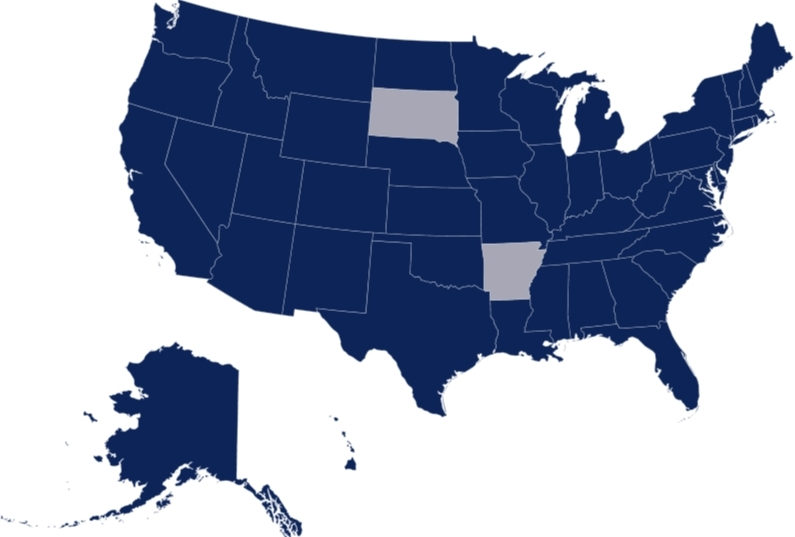PHF is a Leader in Helping Communities Respond to Urgent Health Challenges and Crises
For nearly 50 years, the Public Health Foundation (PHF) has been helping organizations and communities identify and solve complex problems.
Respond Using the TRAIN Learning Network
The
TRAIN Learning Network is the trusted leader in providing training and other learning opportunities to public health, healthcare, behavioral health, preparedness, and other health professionals. PHF's suite of TRAIN opioid support services includes:
- Developing opioid and opioid-related training plans (these are compilations of trainings for specific target audiences). As an example, see a comprehensive training plan on pain management from Providers’ Clinical Support System for Opioid Therapy (PCSS-O), sponsored by the Substance Abuse and Mental Health Services Administration (SAMHSA)
- Enabling the targeted distribution and tracking of training by establishing special groups (e.g., individual hospitals and healthcare facilities, physicians, nurses, pharmacists, administrators)
- Developing pre- and post-assessments and evaluations of trainings
- Tracking registration and completion of trainings
- Running reports on training registrations, completions, assessments, and evaluations
- Analyzing training evaluation and other feedback data
Respond With PHF’s Population Health ApproachPHF is uniquely positioned to help communities identify solutions, take action, and achieve improvements to health challenges such as the opioid crisis. Our
population health expert team brings over 100 years of combined experience working with organizations and moving them from talk to effective action.
PHF Technical Assistance and Training
PHF’s expert-led technical assistance will help you build and implement a community-wide opioid response plan. We have provided on-site assistance to more than 500 health departments and healthcare organizations over the past seven years.
- Our hospital and health system partners have been active addressing the following challenges:

- Behavioral health
- Healthy eating and active lifestyles to reduce obesity in the community
- HIV prevention
- Optimal antibiotic use
- Second-hand smoke screening
- Tobacco cessation
